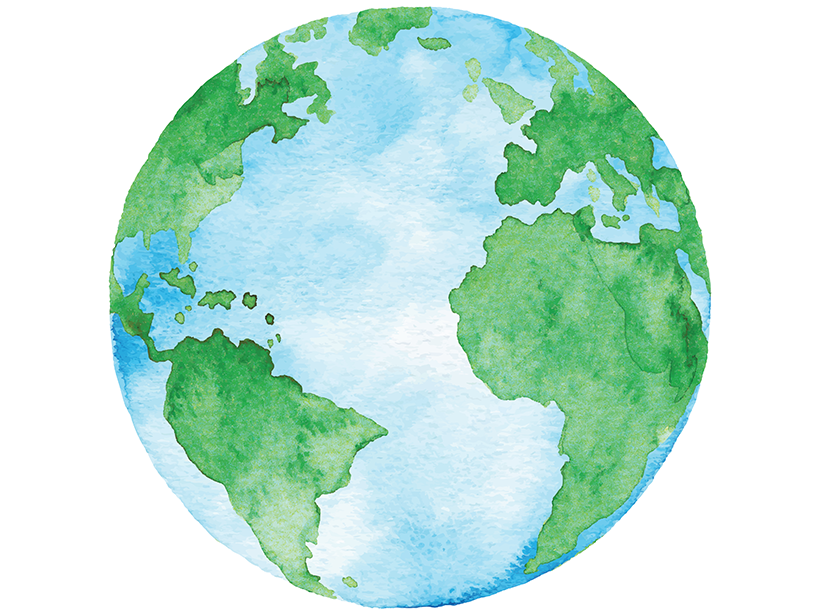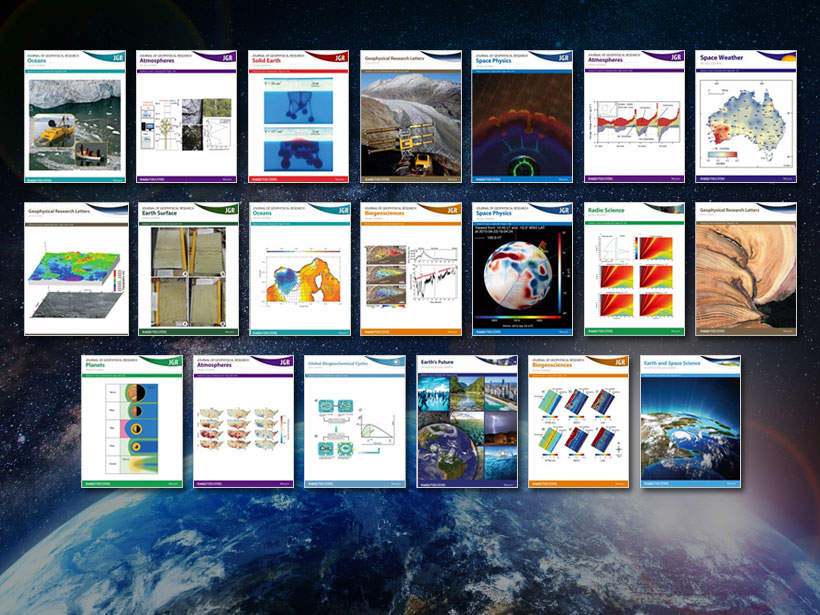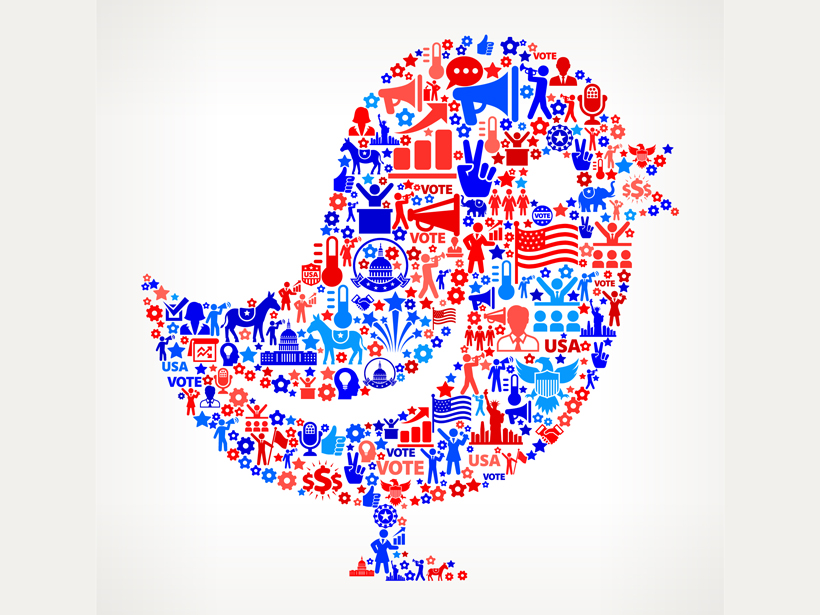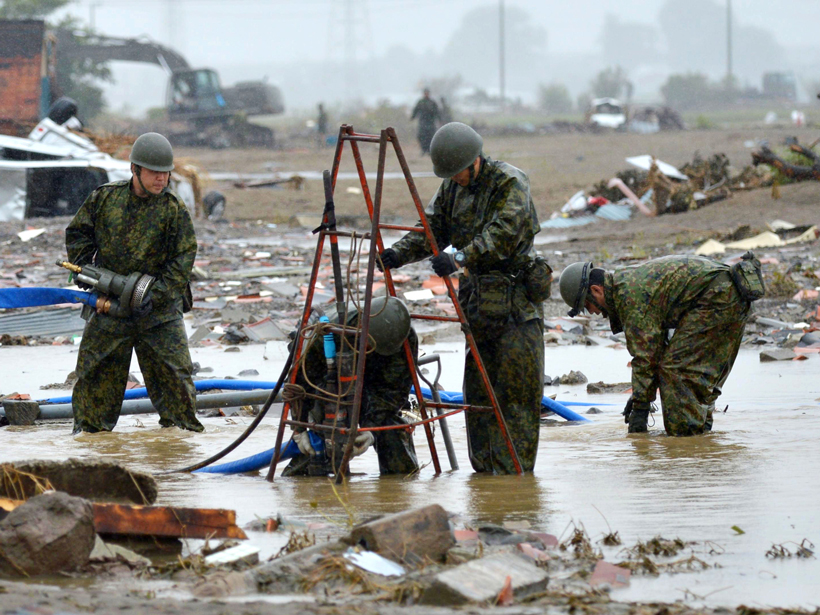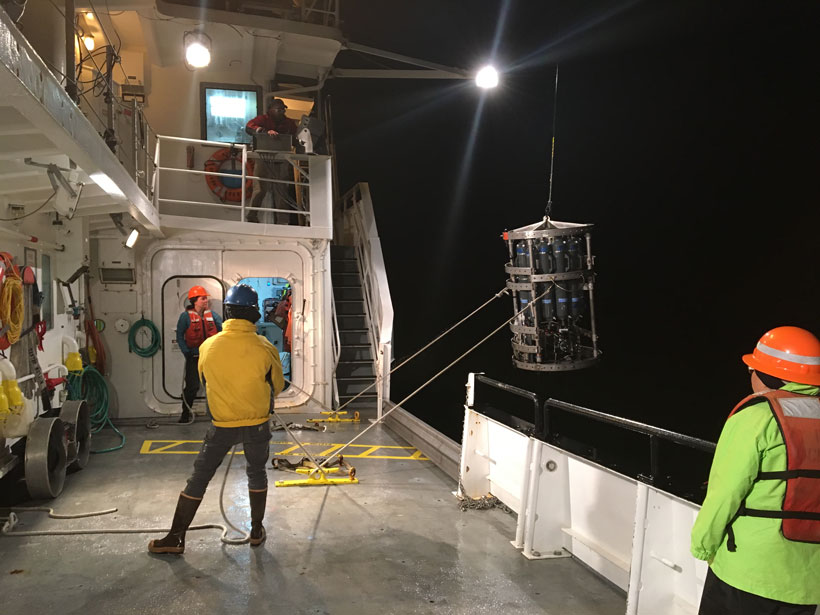Admit it: When your nose starts to run and your eyes itch, you search Google, too.
social media
Can You Express Your Science in 17 Syllables?
Researchers are taking to Twitter to tell the world about their research through the lines of haiku. Now it’s your turn!
Ten Everyday Objects That Can Be Used for Science
Need a way to store sediment cores or grind up soil? These scientists have your answer.
Algorithm Discerns Where Tweets Came from to Track Disasters
New pilot system that analyzed more than 35 million flood-related Twitter posts to determine their geographic origin might help first responders locate and react more quickly to calamities.
Providing Greater Context for Earth and Space Science Research
A new "highlights" page, plain-language summaries, and other recent initiatives further enhance the material in journals and books published by the American Geophysical Union.
House Science Committee's Climate Tweets Rile Scientists
Twice in just over a month, a government body tweeted material that claims to refute the human causes of climate change.
Can Data Extracted from Twitter Help Map Flood Hazards?
Tweets, if scrutinized closely, may allow scientists to map hazards in real time, helping to guide emergency response.
Moving Forward at Fall Meeting Against Harassment
With buttons, signage, nine planned events, and a Thunderclap campaign, Fall Meeting will combat harassment and support a safe and welcoming scientific community.
They Got to “Ask-Me-Anything.” So, What Did They Want to Know?
On behalf of JGR: Oceans, I consented to a Reddit Science AMA. What did an anonymous public want to learn about oceanography and climate science? More importantly, what can we learn from them?
What Are Scientists Doing off the Oregon Coast in Winter?
Social media and the value of communicating field experiences to the public


